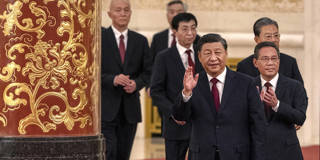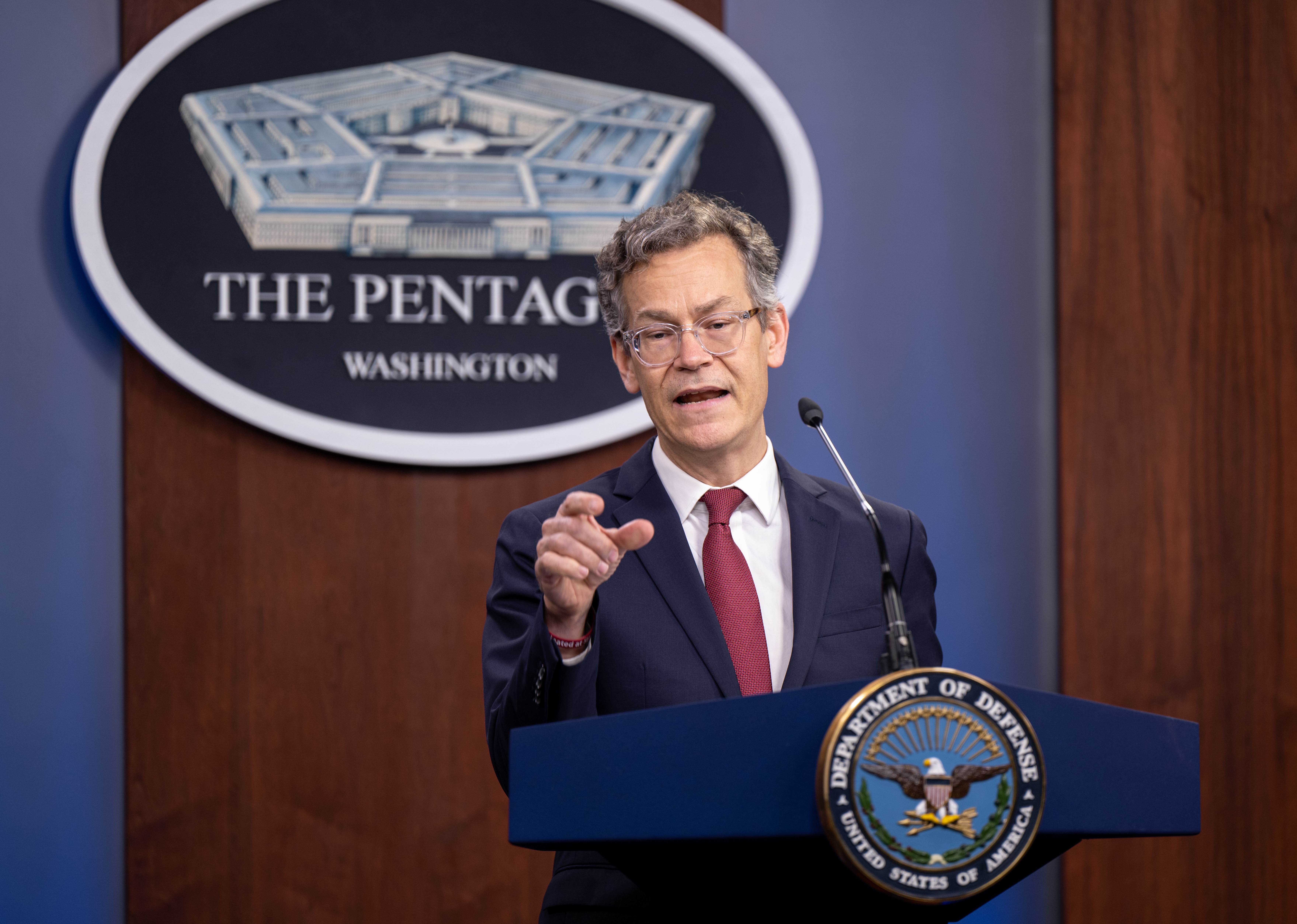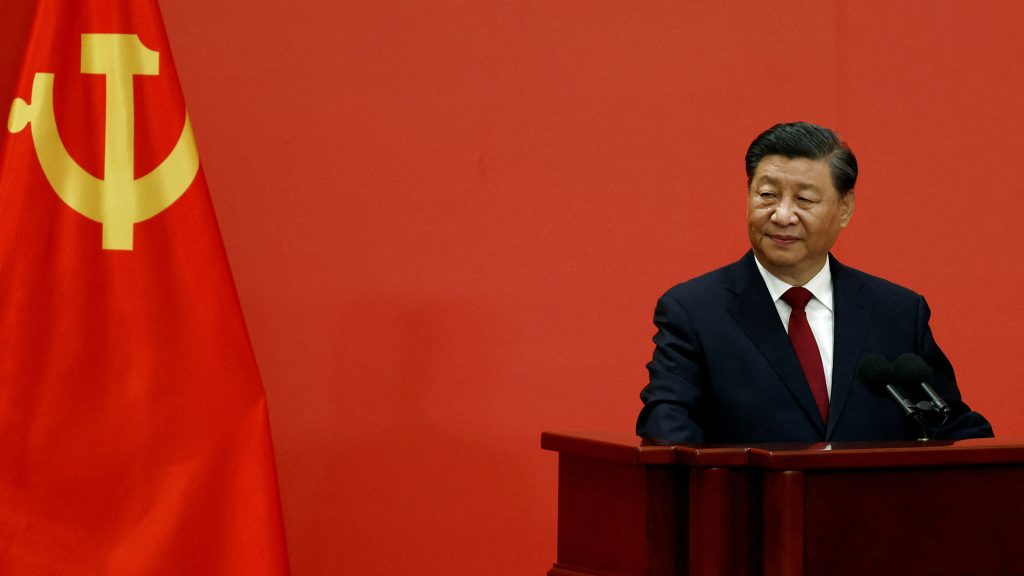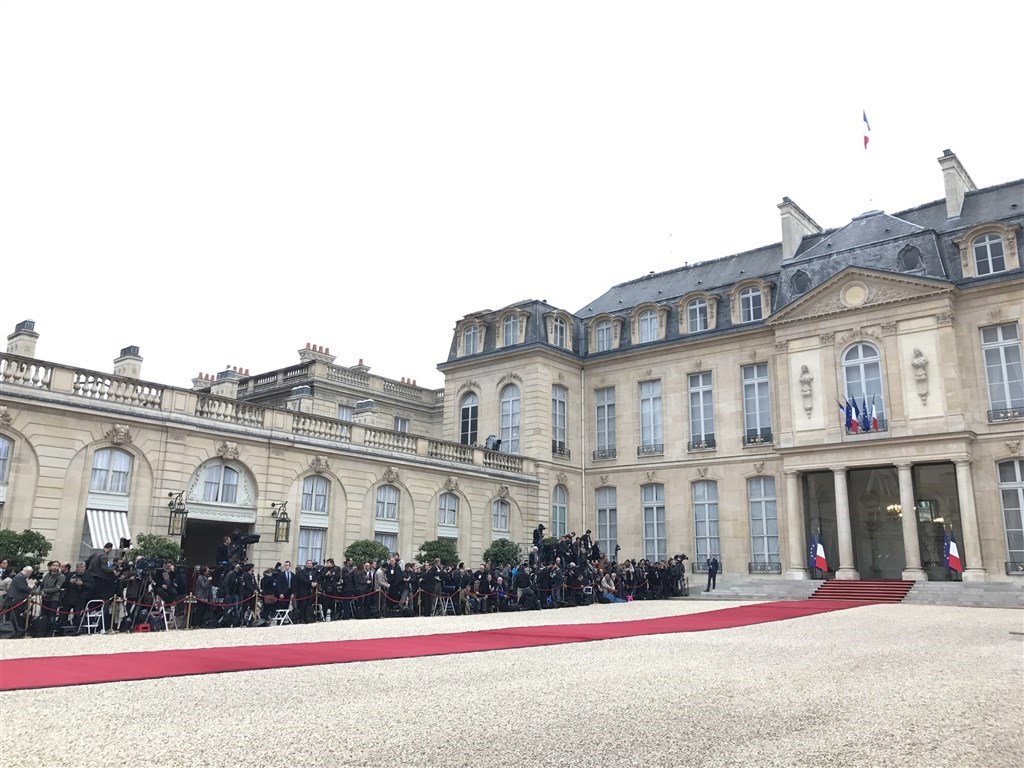Sine Ozkarasahin
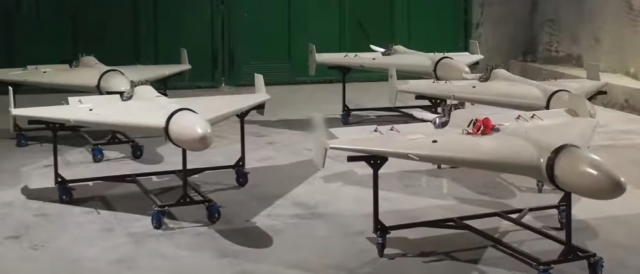
On October 10, Iranian loitering munitions rained over Ukraine’s urban centers, including Kiev. Two weeks later, Israeli forces struck an Iranian drone factory in Syria (Al Arabiya, October 23). This demonstrated how Iran’s drone program is now beyond Iran, both in terms of production and operational impact. Iran has become a drone-exporting nation and Iranian drones are creating new flashpoints in different geopolitical axes.
Tehran’s drone program is hardly new, however. In fact, it dates back to the 1980s war of attrition with Iraq and rests on a decades-long significant research and development (R&D) effort. Iran’s unmanned aerial vehicles (UAV) strategy is aggressive (Farsi Al Arabiya, April 23, 2021). It mainly focuses on utilizing UAVs to support the government’s capabilities and strengthen its proxy forces abroad. Led by the Islamic Revolutionary Guard Corps (IRGC) and its drone-maker Qods Aviation Industries (QAI), some of Iran’s existing drone technologies are developed from reverse-engineering Western systems that have crashed or landed on or near Iranian territory (including the ones allegedly intercepted or captured near its coast). For example, some of the Iranian government’s most sophisticated systems, including the Shahed-141 and 191, are modeled after the American RQ-171 Sentinel UAV that crashed in Iran back in late 2011 (Iran Press, December 16, 2020).
